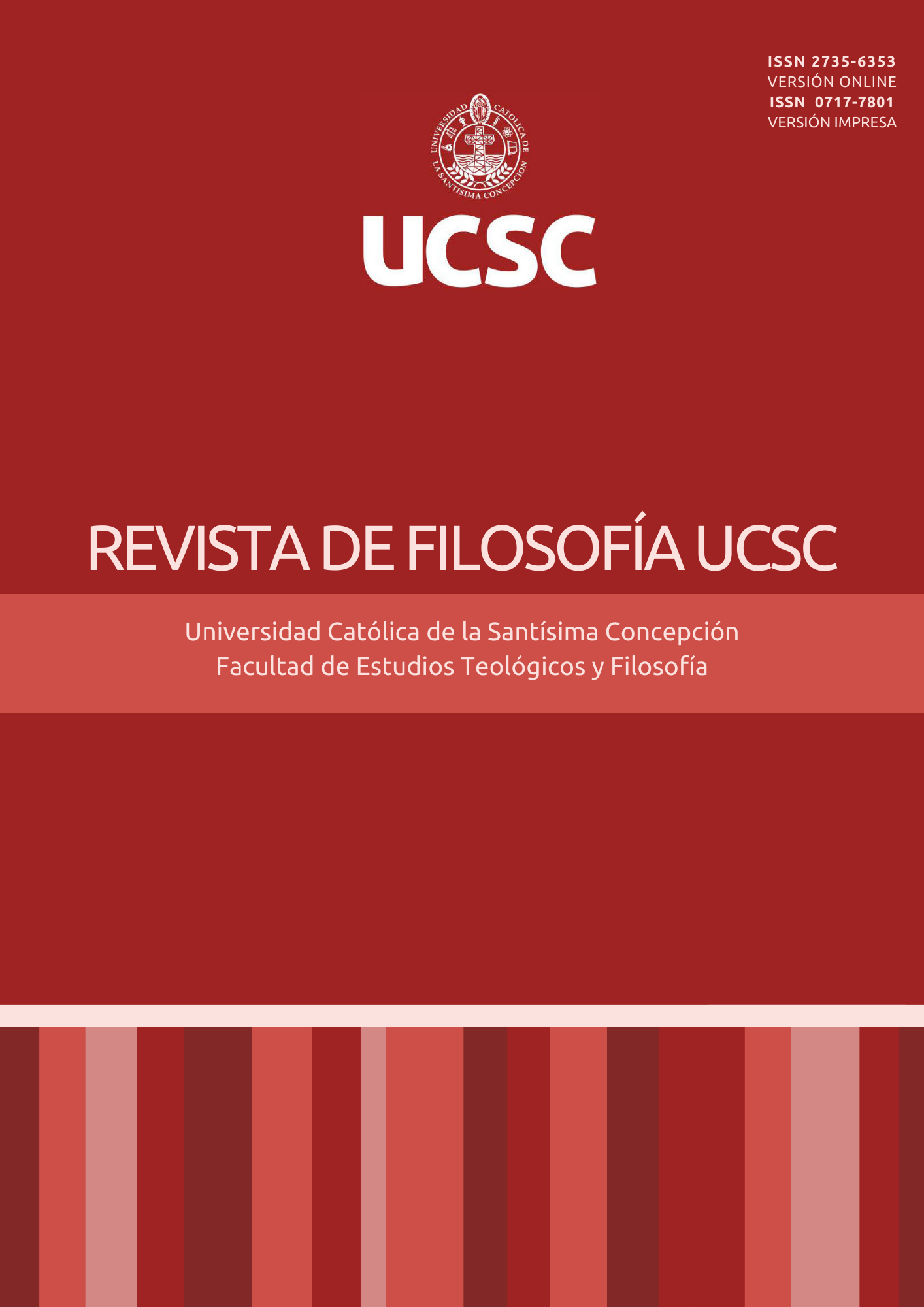La relevancia de la pregunta normativa para el enfoque responsabilista en epistemología de las virtudes y la posibilidad de una epistemología deontológica
Contenido principal del artículo
Resumen
En este artículo se cuestiona el desempeño del enfoque responsabilidad en epistemología de las virtudes para responder a la pregunta normativa. Para ello, se indica que el concepto de virtud no es suficiente para dar cuenta los motivos de nuestros actos epistémicos ni individual ni socialmente, por lo que se sugiere recurrir a una reconstrucción de la epistemología del testimonio kantiana para mostrar cómo la ética subyacente a dicha propuesta permitiría concebir una teoría del conocimiento basada en una alternativa que sí puede responder a la pregunta normativa. Así, se presenta como línea novedosa de investigación el analizar la posibilidad de una epistemología deontológica, es decir, una epistemología cuyo fundamento moral (y, por tanto, normativo respecto de todas las acciones que impliquen personas y no mero procesos en la adquisición y difusión de conocimiento) se sostiene por cuenta propia. De este modo, se concluye que es necesario considerar la propuesta kantiana como fundamento para investigaciones epistemológicas, cuestión que, tradicionalmente, no ha sido abordada en profundidad
Detalles del artículo
Sección

Esta obra está bajo una licencia internacional Creative Commons Atribución-NoComercial 4.0.
La Revista de Filosofía UCSC es de acceso abierto y no cobra por publicar en ella. Además, regula su política de Derechos de Autor y de acceso a sus archivos de acuerdo con la Licencia Pública Attribution-NonCommercial 4.0 International (CC BY-NC 4.0), por tanto, se permite compartir (reproducir y distribuir el material en cualquier medio o formato) y adaptar (modificar, transformar y crear a partir del material) siempre y cuando se de crédito adecuadamente, se incluya la cita con los datos correspondientes. Además, no está permitido utilizar el material con fines lucrativos.
Cómo citar
Referencias
lfano et al. (2022). Social Virtue Epistemology. Routledge.
Álvarez, F. (2023). “Epistemología del testimonio kantiana y la akrasia (moral) epistémica”. Otrosiglo. Revista de filosofía 7 (2): 6-28.
Code, L. (2020). Epistemic Responsability. State New York University Press.
Fairweather, A. (2001). “Epistemic Motivation”. Fairweather y Zagzebski. (eds.). Virtue Epistemology: Essays on Epistemic Virtue and Responsibility. OUP.
Fricker, M. (2007). Epistemic Injustice. Power and Ethics of Knowing. OUP.
Fricker, M. (2017). “Evolving concepts of epistemic injustice”. En Kidd, Medina y Pohlhaus. The Routledge Hanbook of Epistemic Injustice. Routledge.
Gelfert, A. (2006). "Kant on testimony". British Journal for the History of Philosophy 14 (4): 627 – 652.
Hazlett, A. (2017). “On the special insult of refusing testimony”. Philosophical Explorations 20 (1): 37-51.
Kant, I. (2012). (GMS). Fundamentación para una metafísica de las costumbres. Alianza.
Kant, I. (2004). “The Blomberg Logic”. En Lectures on Logic. CUP.
Kant, I. (2013). ¿Qué es la ilustración? Alianza.
Kant, I. (2020). (KU). Critica del discernimiento. Alianza.
Koch, K. (2010). "Testimony and Kant's idea of Public Reason". Res Publica 16: 23–40
Korsgaard, C. (2000). Las fuentes de la normatividad. UNAM.
Montmarquet, J. (2013). Epistemic Virtue and Doxastic Responsibility. Rowman & Littlefield.
Newton, A. (2014). “Kant on Testimony and the Communicability of Empirical Knowledge”. Philosophical Topics 42 (1): 271-290.
Pritchard, H. A. (1912). “Does Moral Philosophy Rest on a Mistake?”. Mind 21 (81): 21-37
Zagzebski, L. (1996). Virtues of the Mind: An Inquiry into the Nature of Virtue and the Ethical Foundations of Knowledge. CUP.




